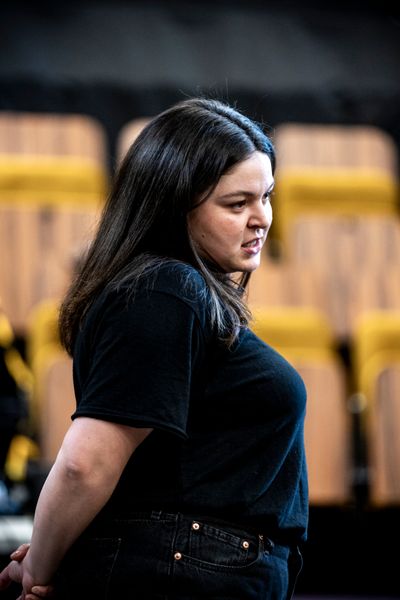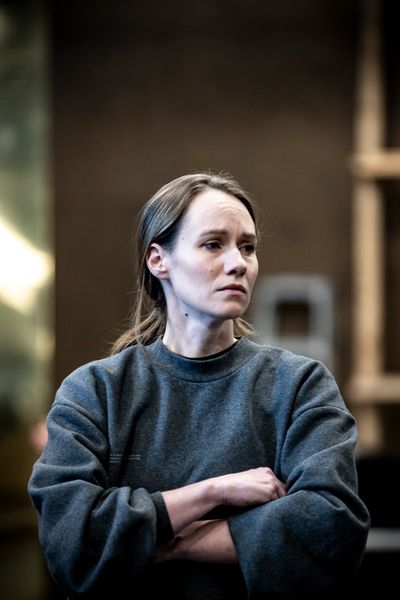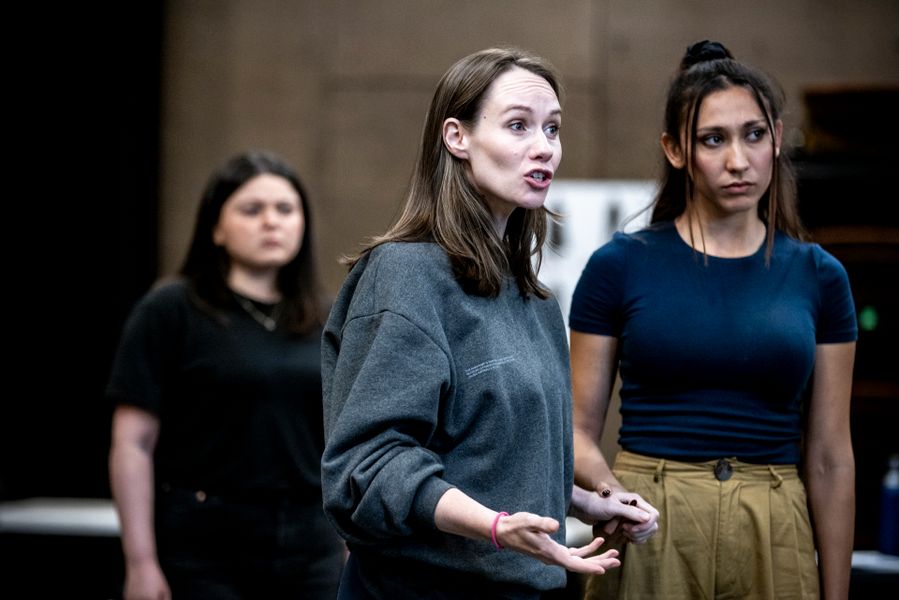







As we prepare to stage King Lear – the ultimate family showdown – here’s our pick of the most sinister siblings in Shakespeare. Compiled by Andy McLean.
As with any artist, we should be cautious about assuming that William Shakespeare’s writing was autobiographical in some way. That said, we can’t help wondering how dysfunctional life might have been in his family home – because his plays are littered with siblings doing despicable things to one another.
If any of Shakespeare’s siblings who lived to adulthood (Gilbert, Joan, Richard, and Edmund) ever peeked at their big brother’s scripts, imagine the awkward questions around the dinner table afterwards. (“Hey Will, in King Lear who was your inspiration for the lying, double-crossing younger brother named Edmund?” “Erm Will, any particular reason why you chose to make that sister behave like such a snake?”)
In fact, despicable siblings are everywhere you look in Shakespeare’s plays. Here’s the seven brothers and sisters who we most love to hate:
Even after a petty squabble, siblings can hold a grudge. But what if you’ve waged an actual full-blown military battle against one another? That’s the setup before the start of Much Ado, where Don Pedro has just vanquished the army of his half-brother, Don John.
Supposedly, the two have patched things up but, in fact, Don John still boils with resentment. He brazenly tells the audience that he’s a “plain-dealing villain”, then sabotages the impending wedding of Don Pedro’s war hero, Claudio. Don John deceives his brother and the groom into believing the bride-to-be has been unfaithful and watches gleefully as the wedding ceremony unravels, families and lovers are torn apart, and Don Pedro’s soldiers turn on one another. Amidst the chaos, Don John scarpers but he’s soon arrested and the play ends with the brotherly grudges unresolved.
On the face of it, Antonio appears to be the beastly brother in The Tempest. At the start of the play we learn how, years earlier, he conspired to replace Prospero, his older sibling, as Duke of Milan. Antonio had his brother and infant niece cast adrift at sea on a leaky boat. But Antonio isn’t content with demolishing his own family – he later sets two more brothers against each other (Sebastian and Alonso) with near deadly consequences.
On reflection though, Prospero is hardly Brother of the Year material himself. Having washed up on the shore of a remote island, he exacts an elaborate form of revenge on Antonio. He conjures up a wild storm that shipwrecks Antonio and his co-conspirators. Prospero then spends most of the play terrorising them and driving them to the point of starvation.
Having brought Antonio & Co to their knees, Prospero is reappointed Duke of Milan. But Antonio is notably silent for the remainder of the play. So perhaps their feud may not yet be over…
What could possibly be worse than murdering your own brother?
How about murdering your own brother, then hooking up with his wife and stealing his throne in the process? In Hamlet, Claudius has done all of this before the play has even begun!
But Claudius is only just getting started. From here, he targets his brother’s son, Hamlet – spying on him and trying to turn his mother against him before finally trying to bump him off. By the end of the play, Claudius’ original act of fratricide has led to the death of just about everyone in the Danish royal family – himself included – leaving the entire nation vulnerable to foreign invasion. That really is some going, even by a Shakespearean sibling’s standards.
In childhood (and adulthood) many siblings argue about which of them is a parent’s favourite. But such bickering rarely breaks out into open warfare. Unless you’re a member of King Lear’s royal family that is, where Cordelia’s status as Daddy’s Little Girl eventually leads to France invading Britain (and the deaths of Lear and all his adult children).
But let’s rewind for a moment. This all starts out with big sisters Goneril and Regan vying for their father’s affection and fortune while the youngest, Cordelia, refuses to play along. Lear’s pride is so wounded that he disinherits and banishes Cordelia, then divides his kingdom between Goneril and Regan.
The two conniving older sisters soon turn against their father, starving him of resources and shelter, and then turn against each other – competing to get off with the same guy. As events spiral, Goneril fatally poisons Regan and then stabs herself to death. The two sisters’ misdeeds also lead to Cordelia’s doom, and Lear’s soon after. King Lear is truly a family feud of epic proportions (and consequences).
(Bell Shakespeare’s new production of King Lear is currently being staged in Sydney at The Neilson Nutshell 14 June – 20 July and Arts Centre Melbourne 25 July – 11 August.)






Well, we can’t say he didn’t warn us. At the start of his eponymous play, Richard brazenly turns to the audience and reveals his nefarious plan: “To set my brother and the king/ In deadly hate the one against the other”. From that moment, we the audience are complicit in Richard’s crimes. He tricks one of his brothers (King Edward IV) into imprisoning the other (Clarence), then has the latter murdered.
After Edward falls sick and dies, Richard’s lackey (Buckingham) sullies Edward’s reputation and legitimacy. Then Richard has his brother’s children (i.e. the rightful heirs) trapped and murdered in the Tower of London. Along the way, Richard takes his brother’s crown but also loses control of his own treachery (“But I am in/ So far in blood that sin will pluck on sin”). Eventually, Richard’s evil acts overtake him; he’s denounced by his own mother; and he dies a grisly, wretched death on a mucky battlefield. A tale of brotherly love, this ain’t.
King Lear opens at The Neilson Nutshell from 14 June – 20 July and at Arts Centre Melbourne 25 July – 11 August.